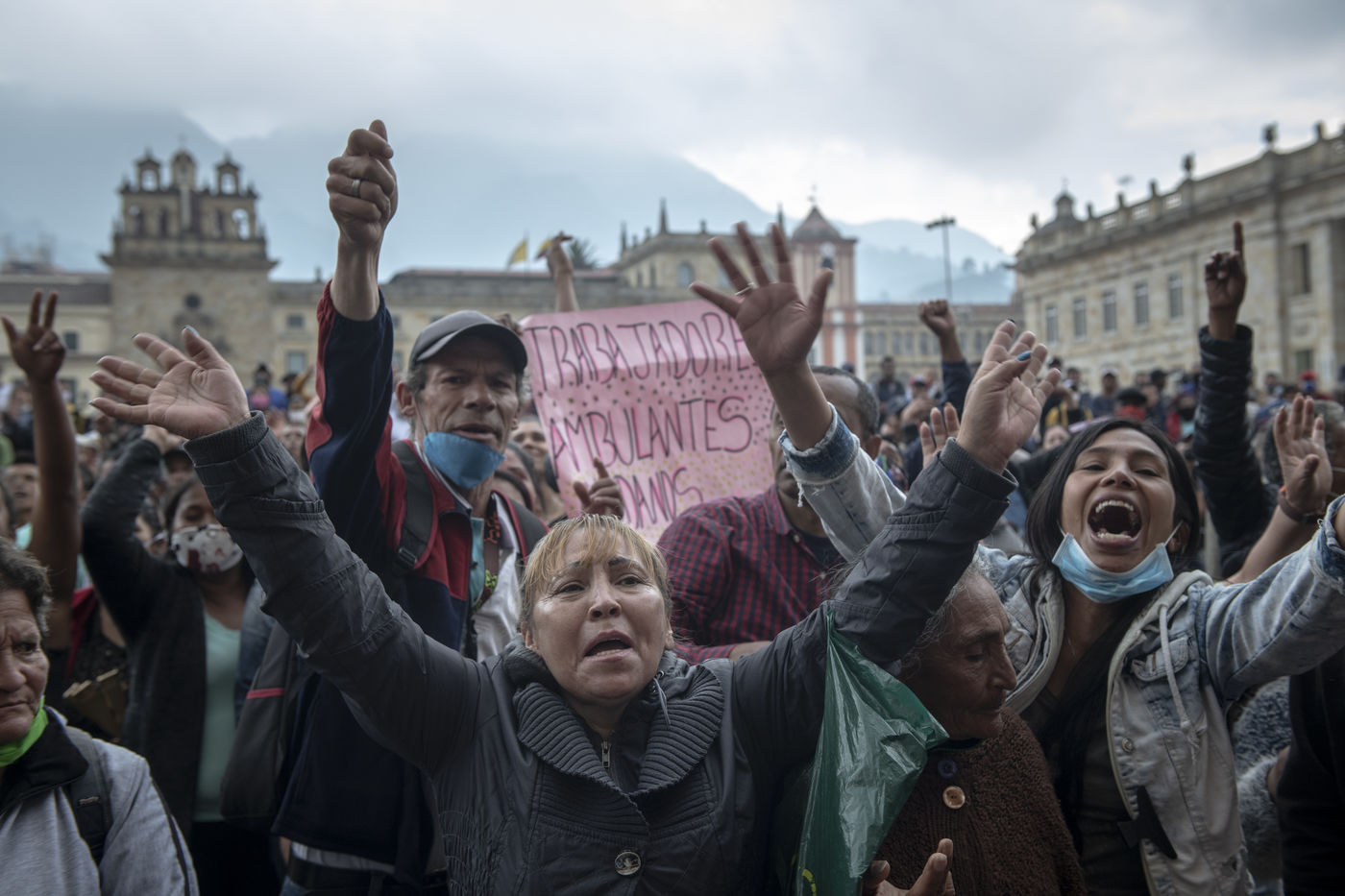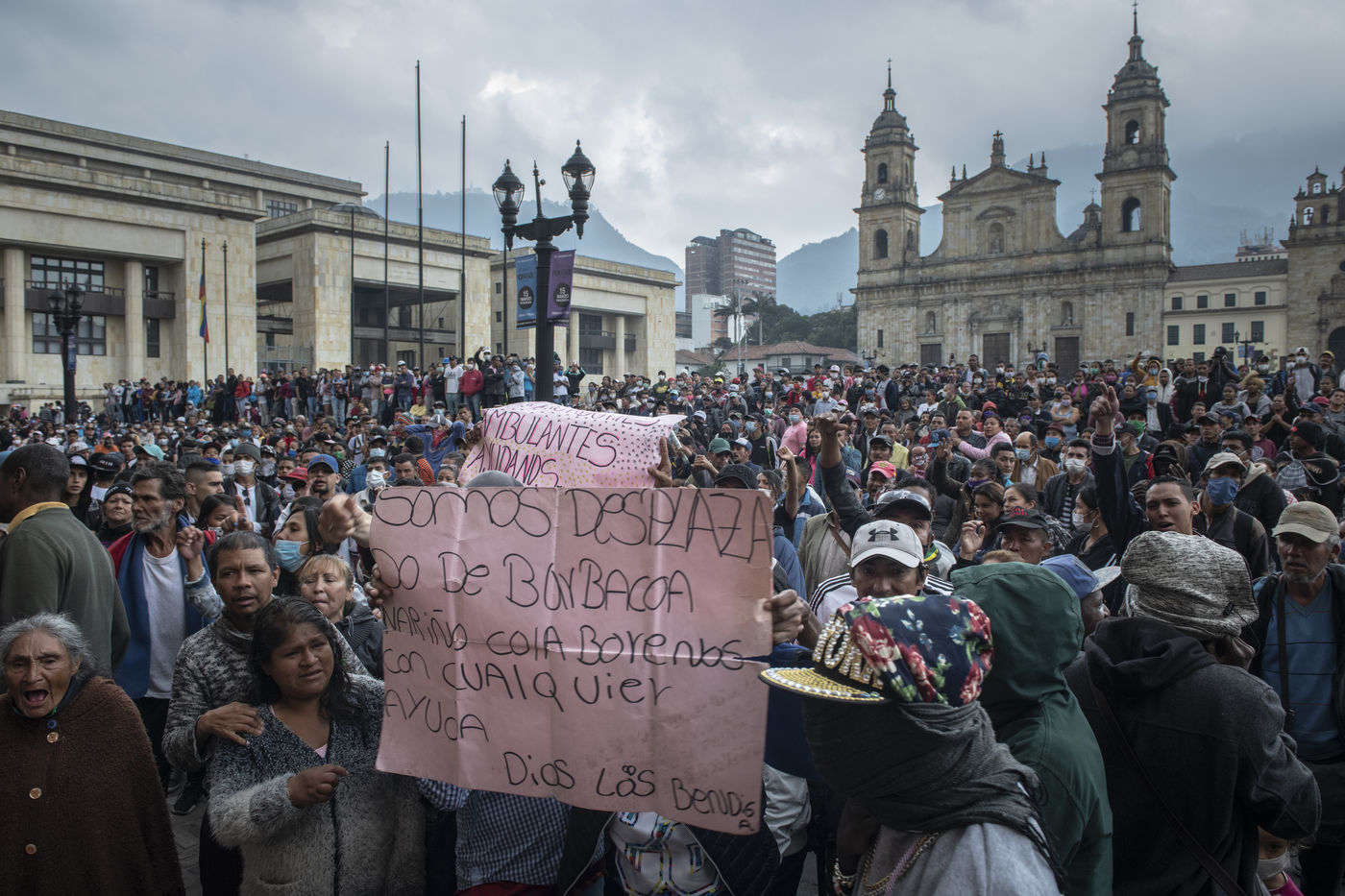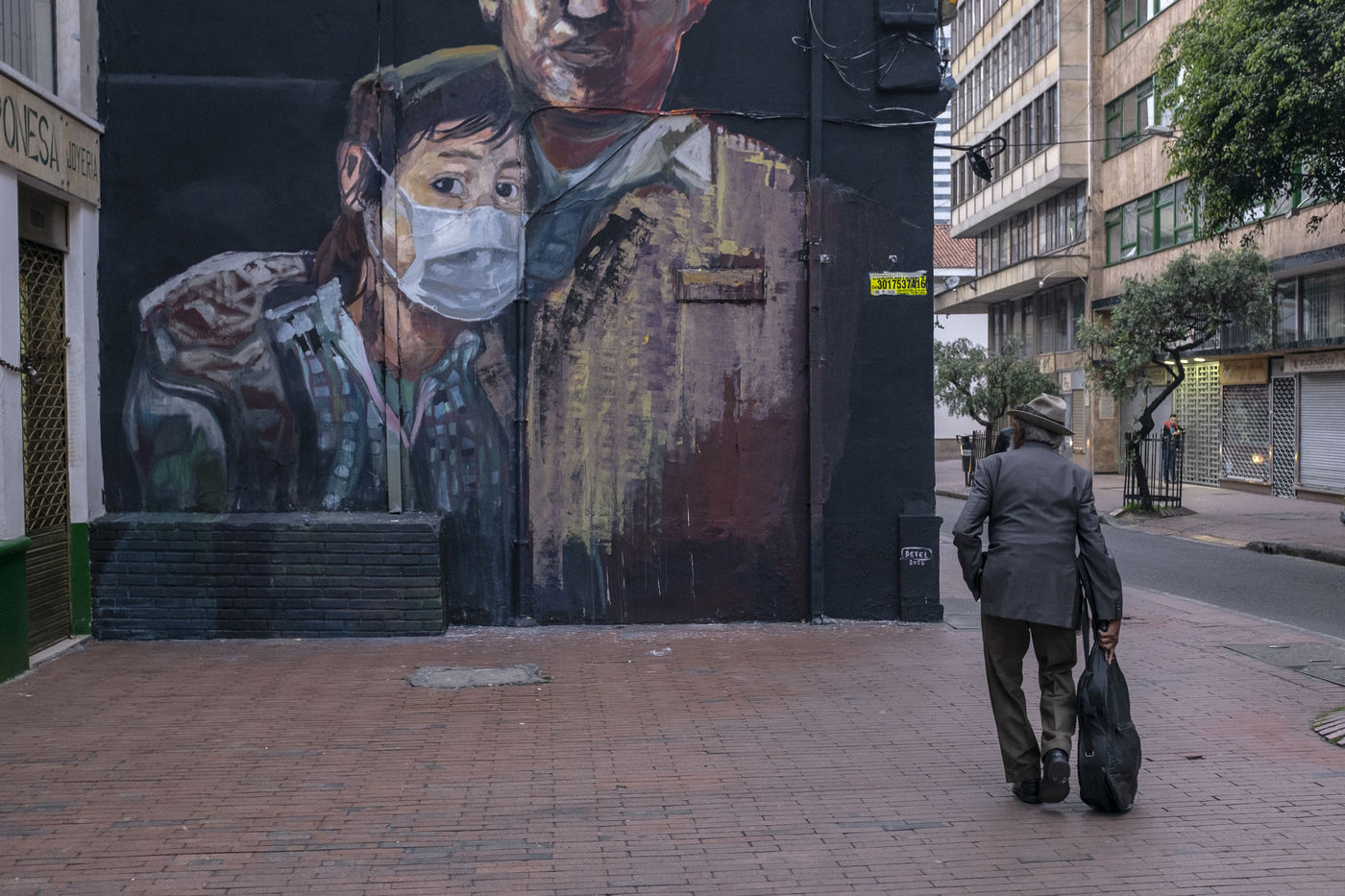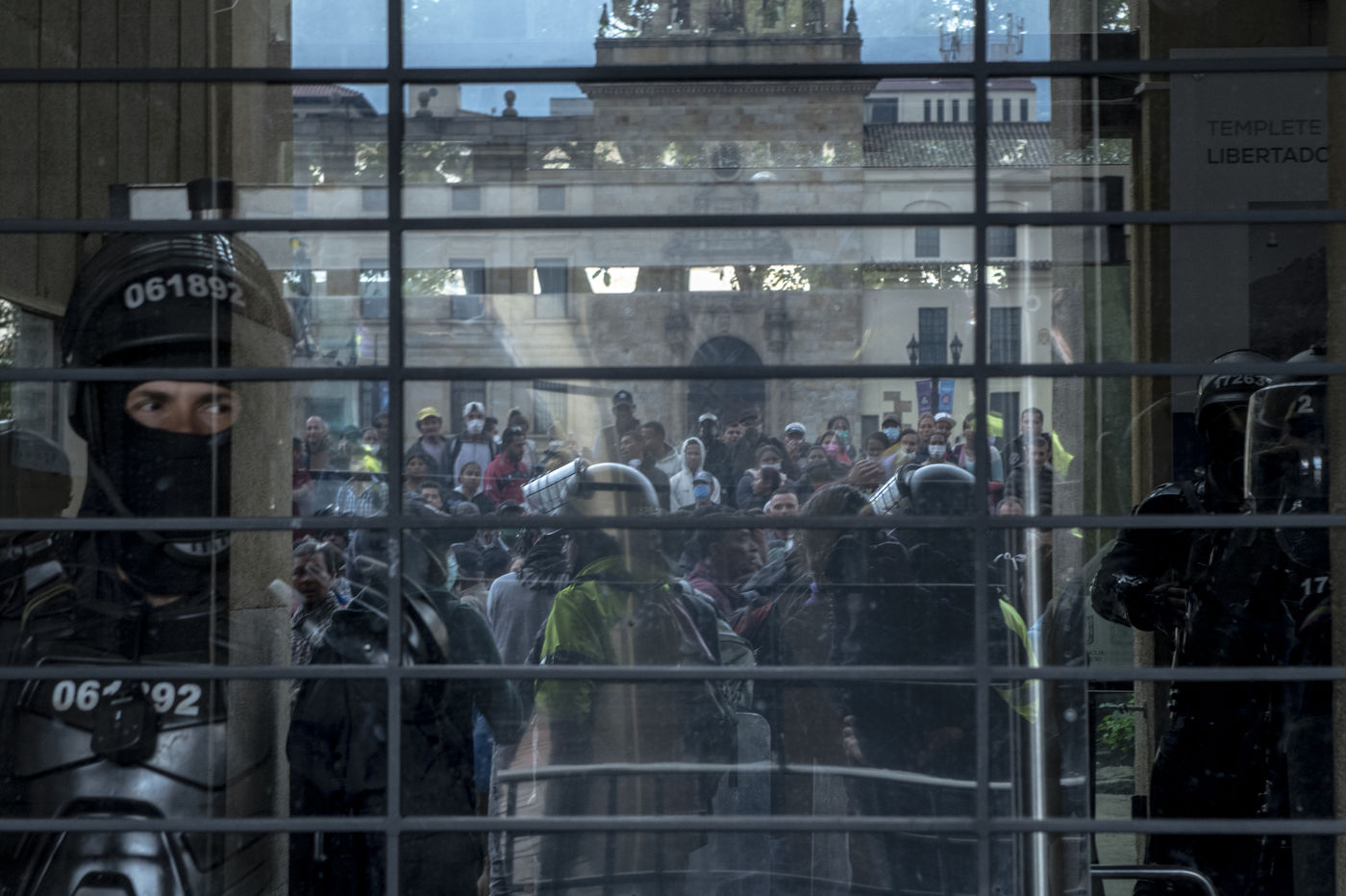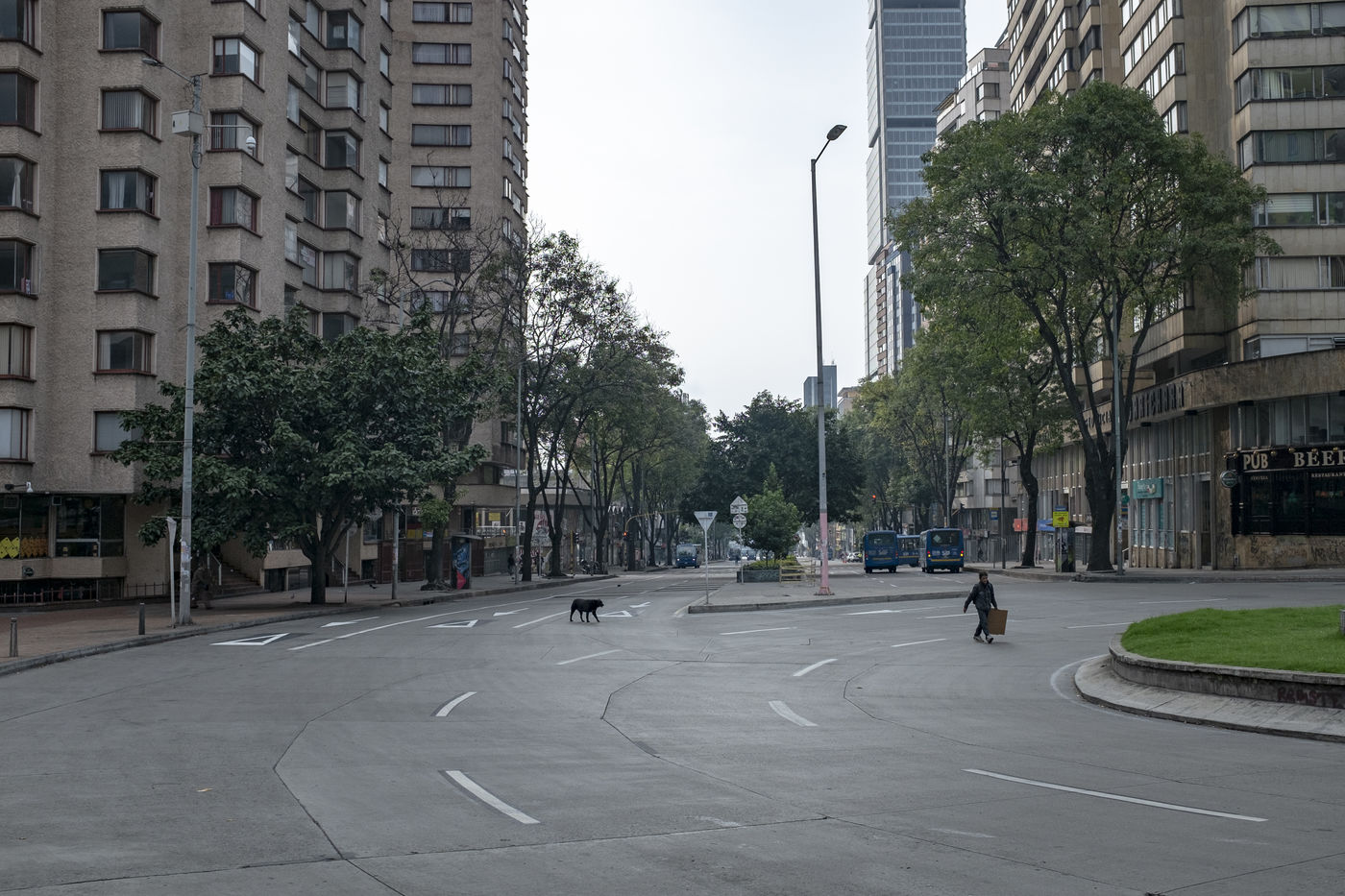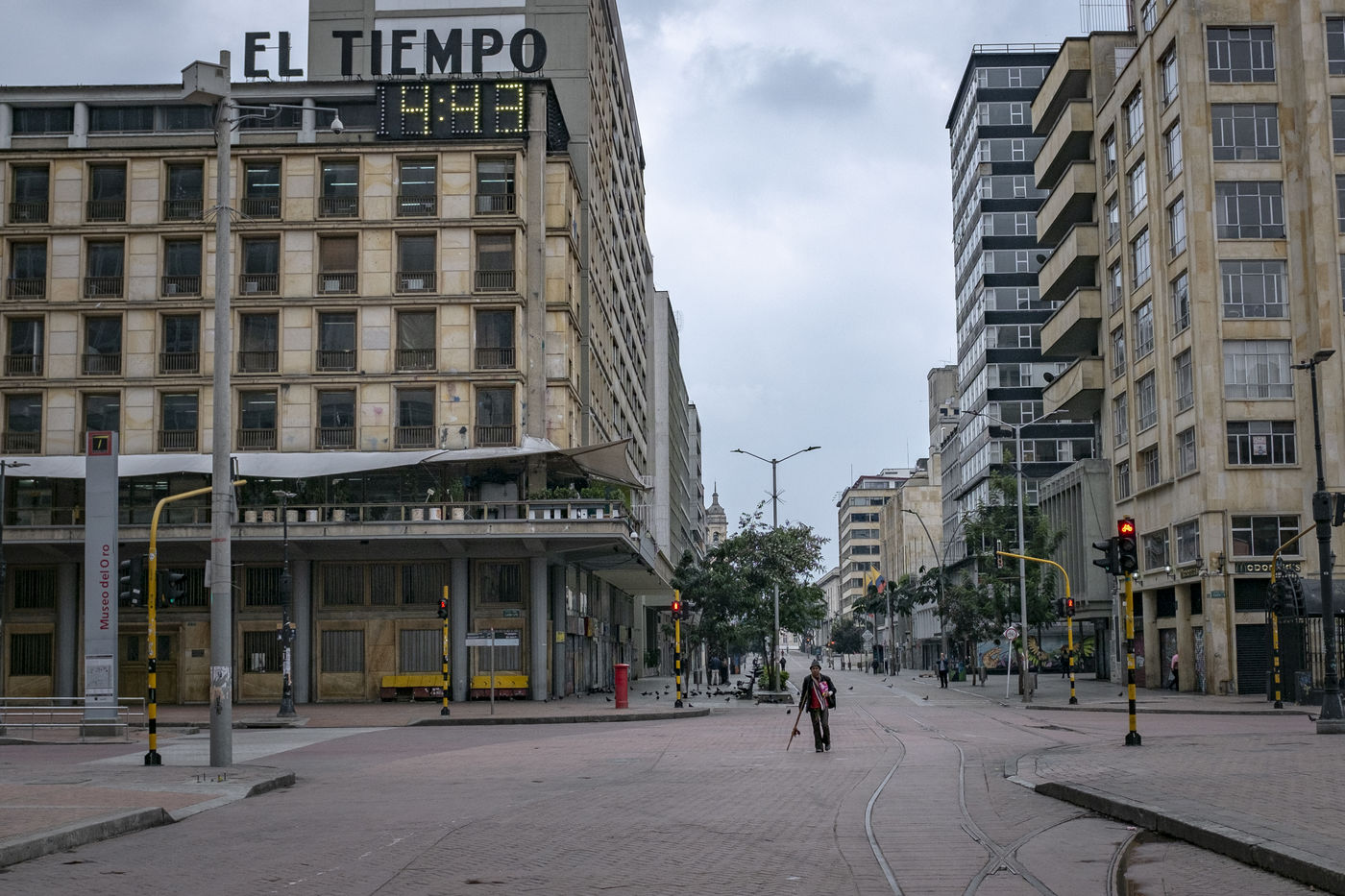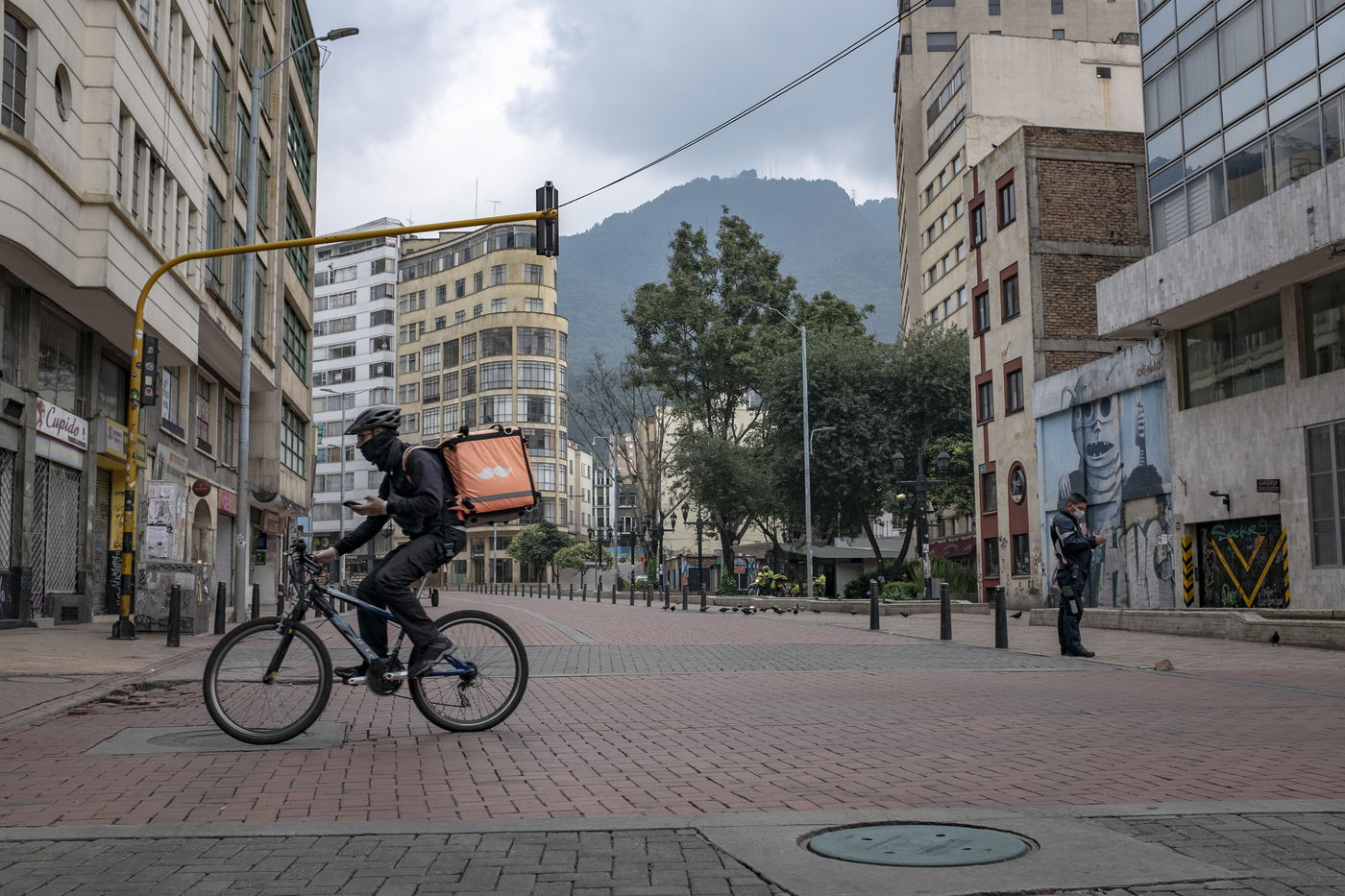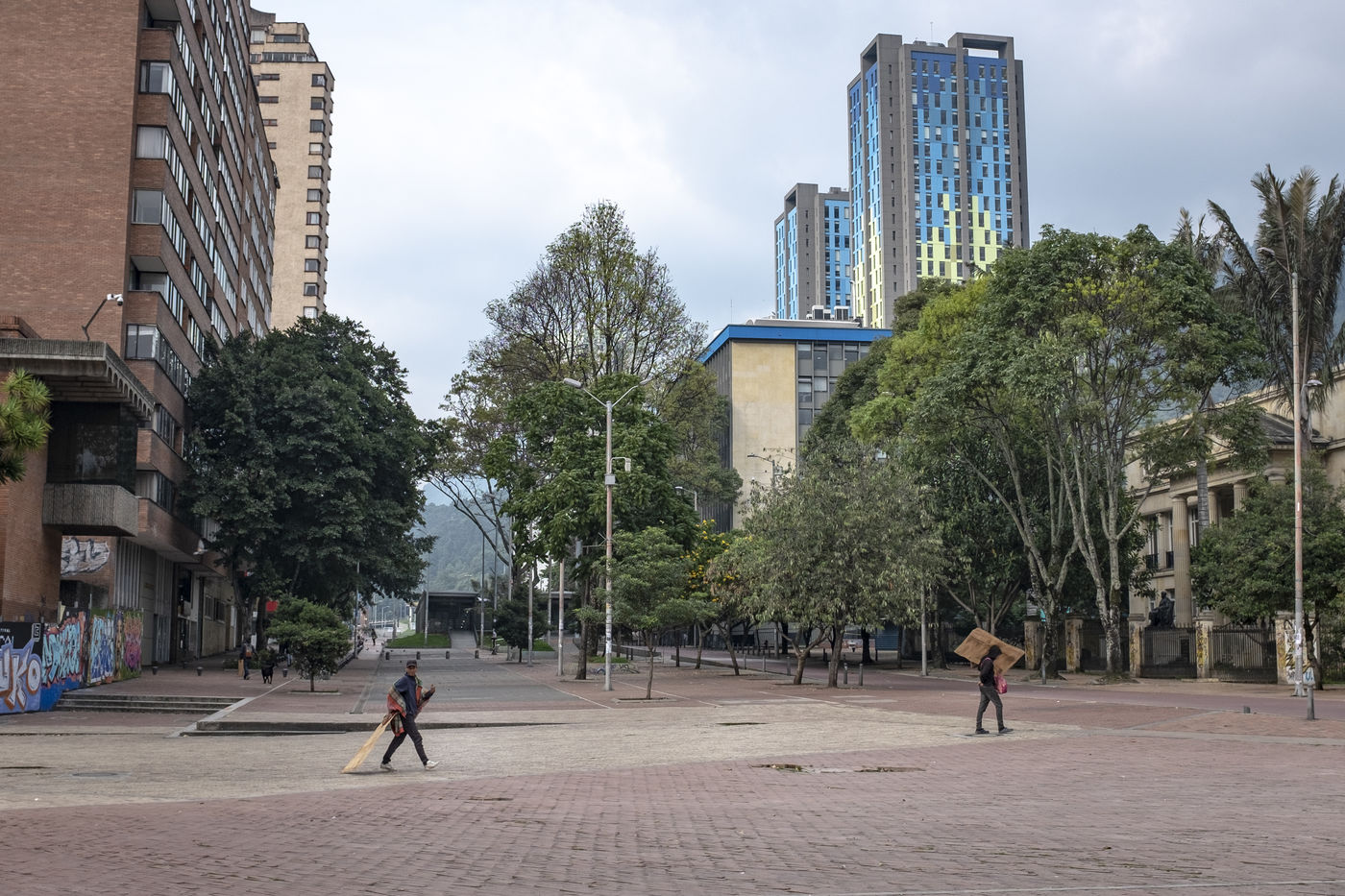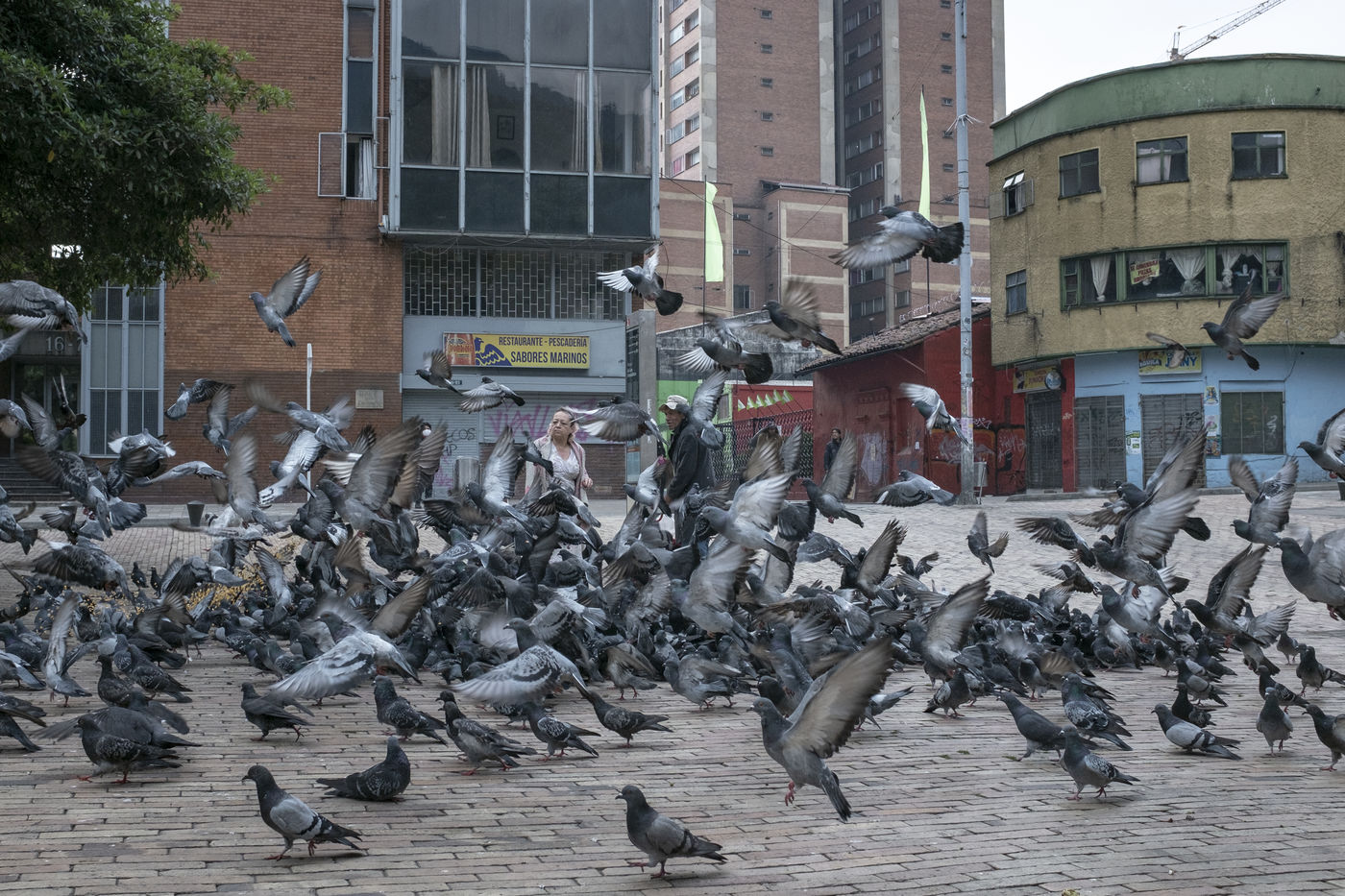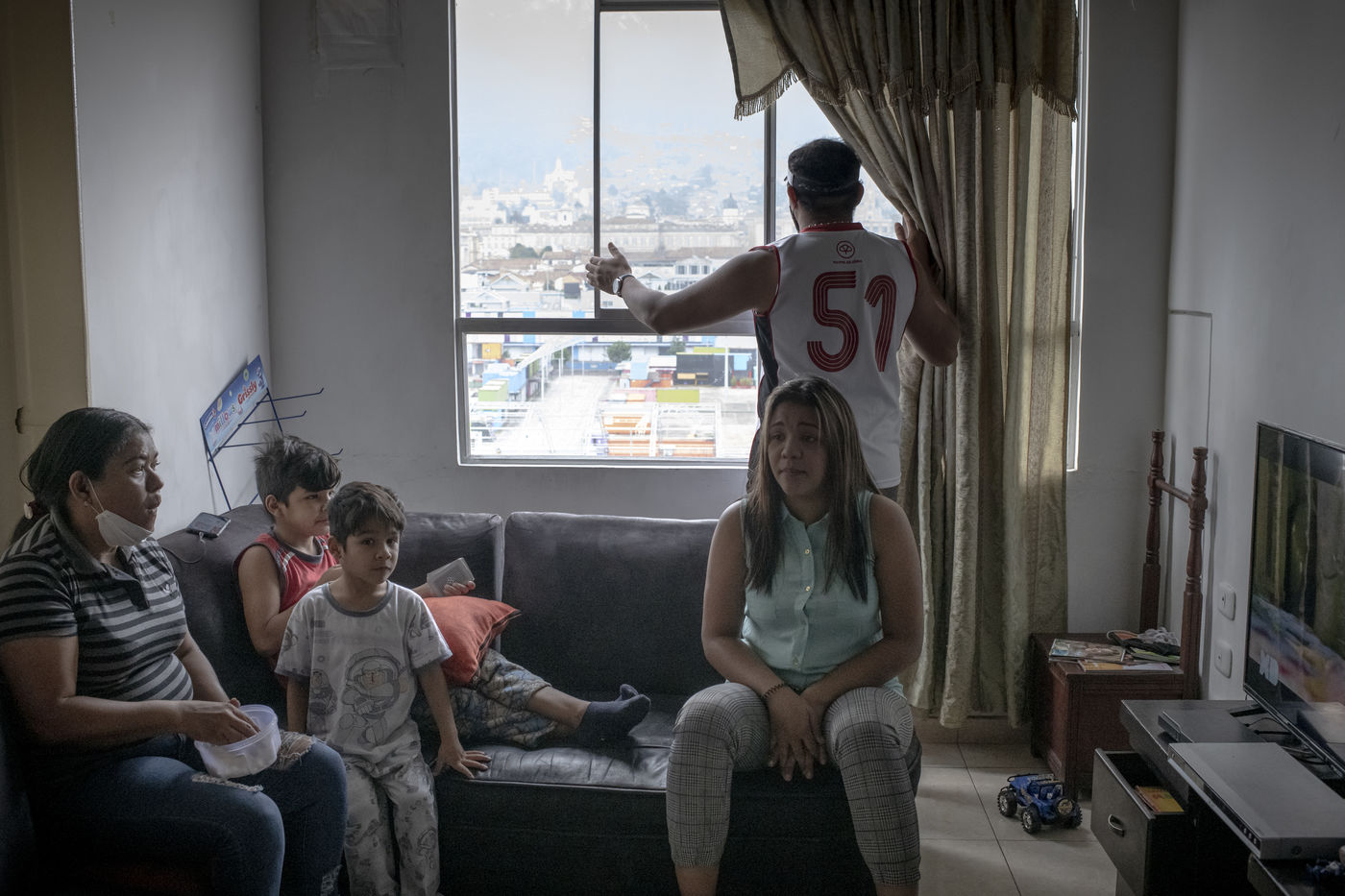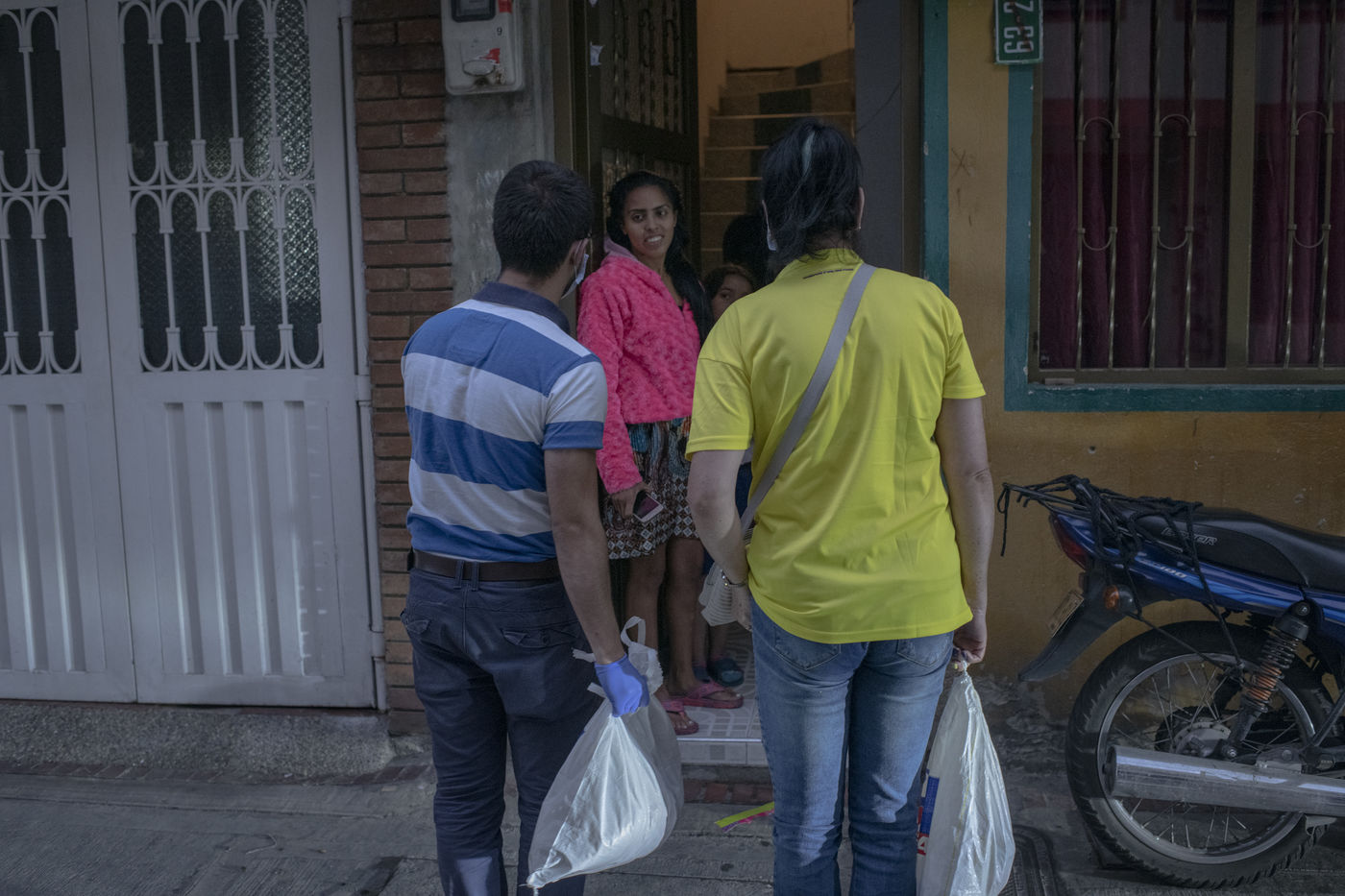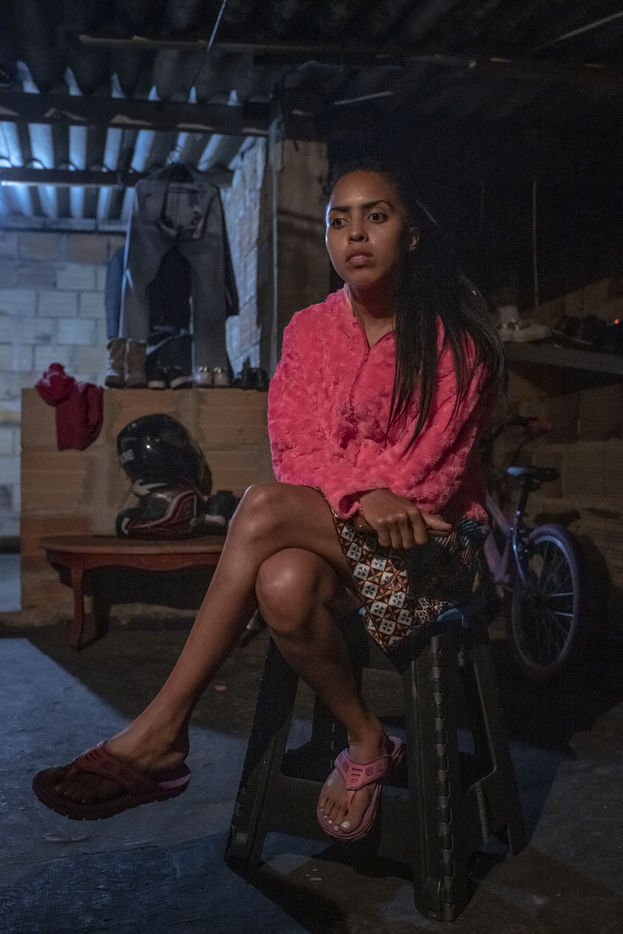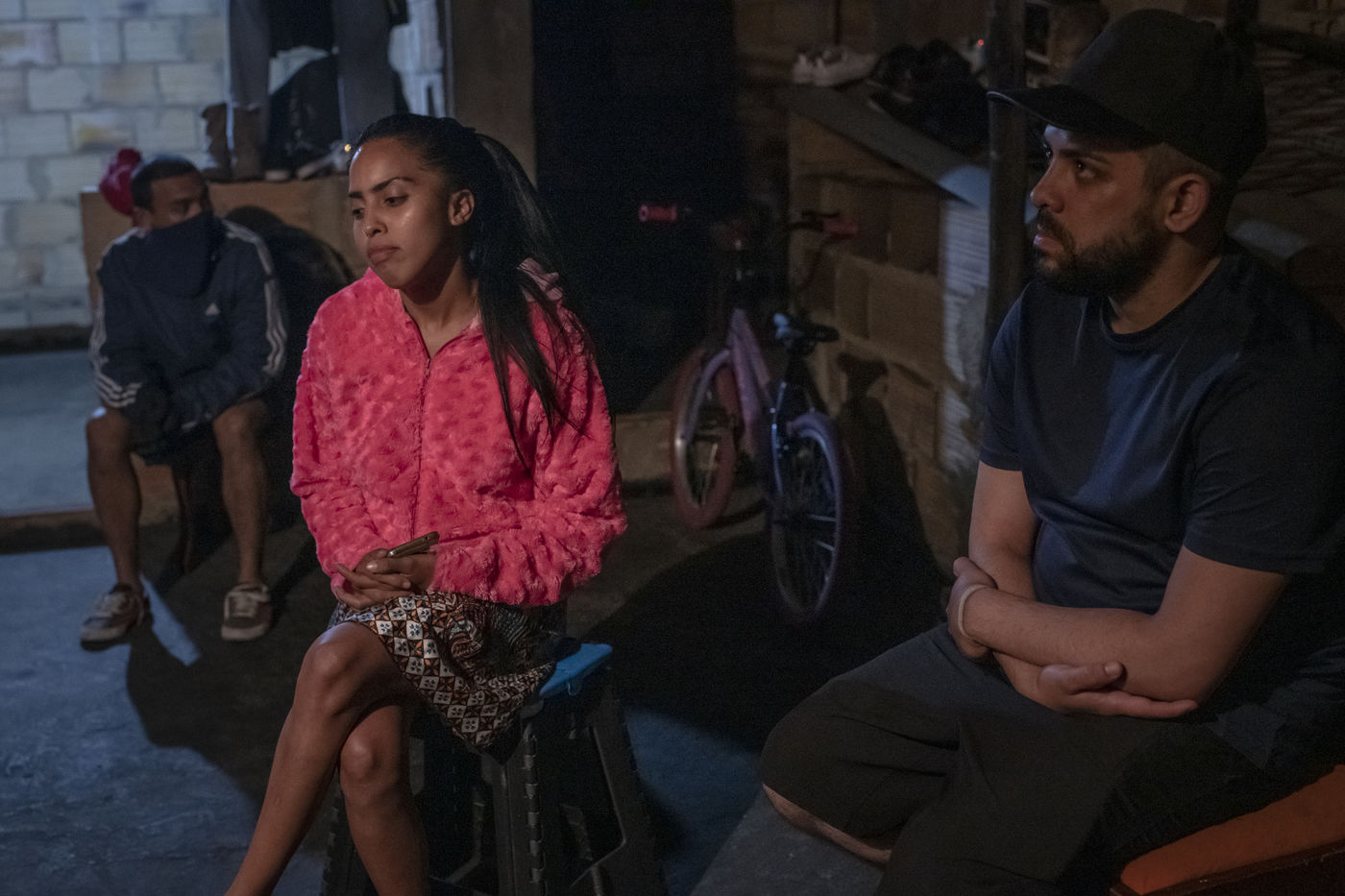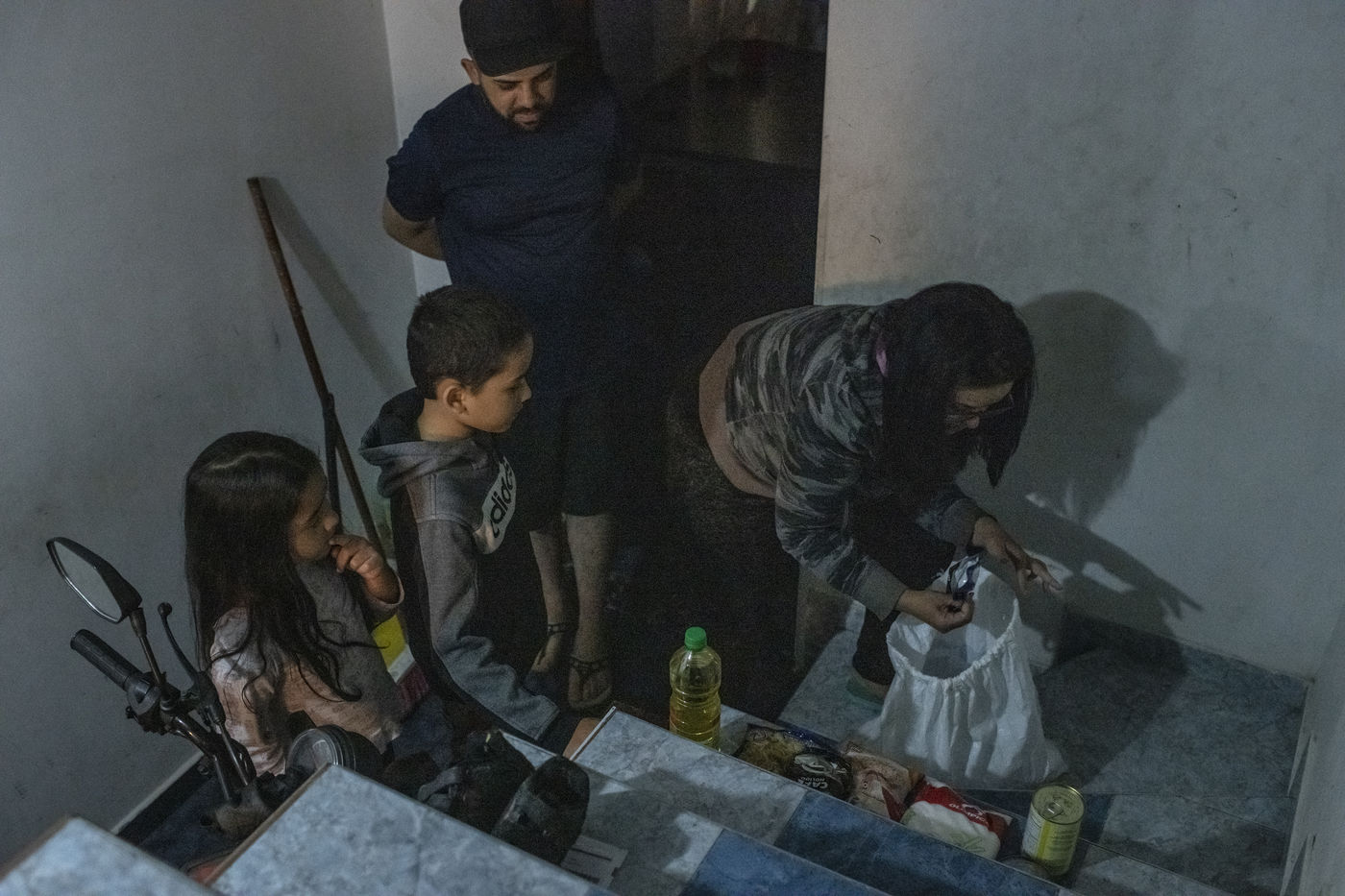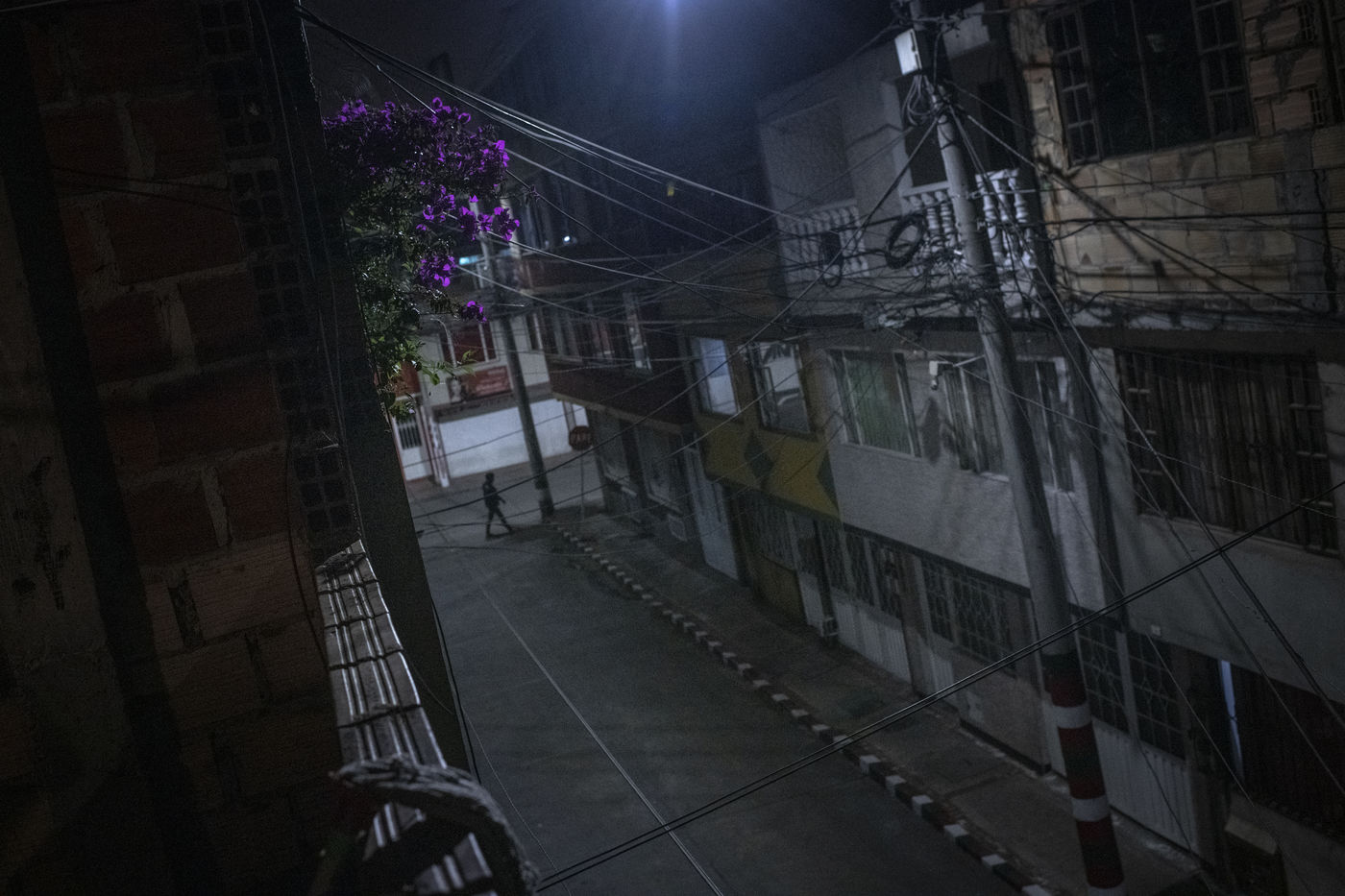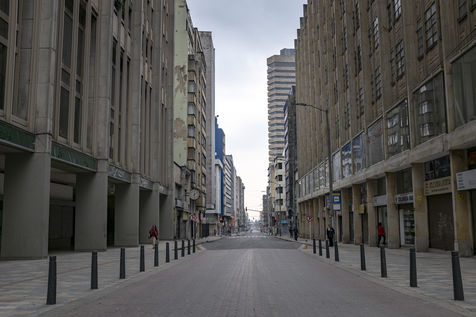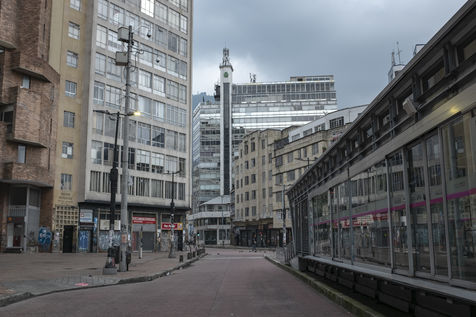Life under Covid-19 Times in Bogota - Colombia
In Colombia, the Covid-19 pandemic is in its infancy with 906 known cases of contagion and 16 deaths (Mar. 31, 2020). Most of the cases are in Bogota?, a city of 7,5 millions of inhabitants, that the economy is alive thanks to the informal sector which represents more than 60 % of the workers.
They are street vendors offering fruit juices, cigarettes, candies, day workers, nannies or maintenance workers. They earn their living from day to day. With their forties declared about ten days ago, they are faced with the unknown: How to feed their family, and in particular the children? How to pay the rent? How to protect themselves from the virus in confined living spaces?
Because help is limited and slow to come. Inflation has spread to basic necessities such as eggs, and the price of masks has tripled. In working-class neighbourhoods, where there are queues of people around courier and cash withdrawal services and food shops, some street vendors are seizing their chance by offering home-made masks. Inter-community solidarity is trying to get organized, with the first food collections and distribution. But will this solidarity be enough when the mayor of Bogota?, Claudia Lo?pez, has just announced that the city must prepare to remain in quarantine until June?
On 20 March, these informal vendors, among them many Venezuelans who have already fled the economic and political crisis in their native country, met in Bogota??s main square, Bolivar Square, to try to make their concerns heard. But the few lootings of shops that have already taken place last week and the absence of real solutions that can be sustained over several weeks make us fear perhaps less peaceful mobilizations.
Life under Covid-19 Times in Bogota - Colombia
In Colombia, the Covid-19 pandemic is in its infancy with 906 known cases of contagion and 16 deaths (Mar. 31, 2020). Most of the cases are in Bogota?, a city of 7,5 millions of inhabitants, that the economy is alive thanks to the informal sector which represents more than 60 % of the workers.
They are street vendors offering fruit juices, cigarettes, candies, day workers, nannies or maintenance workers. They earn their living from day to day. With their forties declared about ten days ago, they are faced with the unknown: How to feed their family, and in particular the children? How to pay the rent? How to protect themselves from the virus in confined living spaces?
Because help is limited and slow to come. Inflation has spread to basic necessities such as eggs, and the price of masks has tripled. In working-class neighbourhoods, where there are queues of people around courier and cash withdrawal services and food shops, some street vendors are seizing their chance by offering home-made masks. Inter-community solidarity is trying to get organized, with the first food collections and distribution. But will this solidarity be enough when the mayor of Bogota?, Claudia Lo?pez, has just announced that the city must prepare to remain in quarantine until June?
On 20 March, these informal vendors, among them many Venezuelans who have already fled the economic and political crisis in their native country, met in Bogota??s main square, Bolivar Square, to try to make their concerns heard. But the few lootings of shops that have already taken place last week and the absence of real solutions that can be sustained over several weeks make us fear perhaps less peaceful mobilizations.
